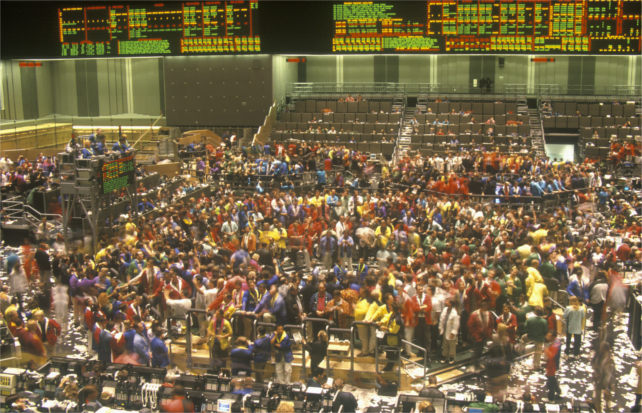Learn which stocks the world's top hedge fund managers are looking at investing in right now
Join 1000+ other investors who get access to behind the scenes investing strategies & shareholder letters from leading Hedge Funds
Options trading can be intimidating from the onset. Investors who purchase an options contract are not buying an equity or stock. Options trading can be speculative, but for a more savvy investor, it is a method to minimize losses and extend gains. What is an option in the first place? An option is a contract between a buyer and a seller for a specified investment instrument for a specific price at a precise time. One party has the right to exercise the contract to either buy or sell the underlying investment. The other party is obligated to meet or fulfill the terms of the contract. There are two types of options: call options and put options.
An equity option is one of the most common types of options. An equity option uses common shares of stock as the investment instrument. One equity option represents a round lot of stock, which is 100 shares. An investor who wants to purchase an option must pay a premium, which is how an options contract is listed on the exchange. The best-known options exchange is the Chicago Board of Options Exchange (CBOE). Options are quoted on a per-share basis, so if an option’s premium is $6, the cost for the options contract is $600 because an options contract represents a round lot.
Options contracts must be exercised before the expiration date. There are two types of exercise styles: European style and American style. The American style allows the options buyer to exercise the option at any time before the expiration date. The European style is only exercisable on the date of expiration.
An investor profits in several ways depending on whether the options contract is a call or a put:
- A call option is in-the-money when the strike price is below the current share price of the underlying stock.
- A call option is out-of-the money when the strike price is above the current share price of the underlying stock.
- A put option is in-the-money if the strike price is above the current share price of the underlying stock.
- A put option is out-of-the-money if the strike price is below the current share price of the underlying stock.
Options trading is known as leveraged investment. The underlying stock of an equity option is valued at a much higher price per share than an options contract. The options contract allows an investor to control an investment that would require a larger capital investment. Additionally, an investor cannot lose more than the premium paid for the options contract, whereas an investor who owns the underlying stock can lose their entire investment if a company becomes insolvent.
Want to see what stocks the top hedge funds are looking at BEFORE it hits the mainstream news? Get free access for 7 days






